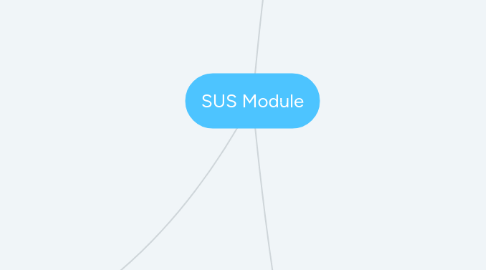
1. Mobilizing Heritage Resources
1.1. SUS 3.4 Direct development of strategies and plans for sustainable tourism and public use at heritage properties.
1.1.1. International; best practice
1.1.2. Destination branding
1.1.3. Visitor management
1.1.4. Facilities management
1.1.5. Participation
1.2. SUS 3.5 Direct development of business plans, budgets and fee structures for visitor services and activities for economic sustainability at the site level.
1.2.1. Destination branding
1.2.2. Participation
1.2.3. Pricing
1.2.4. Marketing
1.2.5. Facilities management
1.2.6. Visitor management
1.3. SUS 3.6 Systematically monitor and assess socio-cultural, environmental and economic impacts of tourism at the site level and employ effective mitigation measures.
1.3.1. Impacts
1.3.2. Data collection; recording
1.3.3. Impact assessment
1.3.4. Participation
1.4. SUS 3.8 Create accessible facilities and venues for cultural creation and recreation.
1.4.1. Cultural tourism
1.4.2. Barrier-free design
1.4.3. Facilities management
1.4.4. Participation
1.5. SUS 2.4 Monitor, assess and manage the socio-cultural, environmental and economic impacts of heritage management and tourism programmes within heritage properties and in their surrounding areas.
1.5.1. Assessment; impacts; management; tourism
1.5.2. Data collection; recording
1.5.3. Community assessments; parameters/indicators
1.5.4. Participatory, survey; assessment
1.5.5. Costs; benefits; impacts
1.5.6. Participation
1.6. SUS 2.5 Manage visitation and use of facilities.
1.6.1. Best practice
1.6.2. Branding
1.6.3. Visitor management
1.6.4. Facilities management
1.6.5. Interpretation; visitor; facilities; management
2. Principles of Cultural Heritage and Sustainable Development
2.1. SUS 3.1 Effectively implement sustainable heritage management practices at the site level.
2.1.1. Management; policies; legal frameworks; sustainable development
2.1.2. International; best practice
2.1.3. Participatory; decision-making
2.2. SUS 3.3 Monitor compliance of conservation practices with sustainable heritage management strategies at the site level.
2.2.1. Management; policies; legal frameworks; sustainable development
2.2.2. Participatory; monitoring
2.3. SUS 2.3 Implement sustainable development strategies and plans.
2.3.1. Management; policies; legal frameworks; sustainable development
2.3.2. Participatory; decision-making
2.3.3. Assessment; impacts; management; tourism
3. Sustaining Heritage Resources
3.1. Social - Traditional Knowledge and Local Communities
3.1.1. SUS 3.2 Integrate traditional knowledge and management systems for heritage in project planning and site management and monitoring.
3.1.1.1. Traditional knowledge
3.1.1.2. Participatory; decision-making
3.1.1.3. Disaster risk
3.1.1.4. Heritage impact assessment.
3.1.2. SUS 3.9 Facilitate activities that support the sustainable socioeconomic development of local communities, including mobilizing resources linked to the site in an appropriate manner.
3.1.2.1. Participatory; decision-making
3.1.2.2. Consent
3.1.2.3. Participation
3.1.3. SUS 3.10 Promote and support the cultural identity and traditional knowledge and practices of local communities.
3.1.3.1. Community; local; sustainable development
3.1.3.2. Consent
3.1.3.3. Interpretation
3.1.3.4. Participatory
3.1.4. SUS 2.2 Partner with traditional knowledge bearers in managing cultural heritage.
3.1.4.1. Traditional knowledge; existing
3.1.4.2. Local communities; traditional knowledge
3.1.4.3. Participatory; decision-making
3.1.4.4. Human rights
3.2. Environmental dimension
3.2.1. SUS 3.7 Develop programmes for enhancing heritage properties’ resilience to the impacts of climate change and disasters.
3.2.1.1. Impact; climate change
3.2.1.2. Disaster risk
3.2.1.3. Traditional knowledge
3.2.2. SUS 2.6 Implement emergency response plans.
3.2.2.1. Risk assessment; contingency
3.2.2.2. Risk; threat
3.2.2.3. Disaster risk
3.2.3. SUS 3.11 Direct development of disaster risk management plans and emergency response systems.
3.2.3.1. Disaster risk
3.2.3.2. Risk assessment; contingency
3.2.3.3. Risk; threat
3.3. Economic dimension
3.3.1. SUS 2.1 Develop plans and projects that contribute to sustainable heritage management and contributes to sustainable development at the local level.
3.3.1.1. Traditional knowledge; site level
3.3.1.2. Participatory; decision-making
3.3.1.3. Costs; benefits; impacts
3.3.1.4. Visitor management
3.3.1.5. Facilities management
